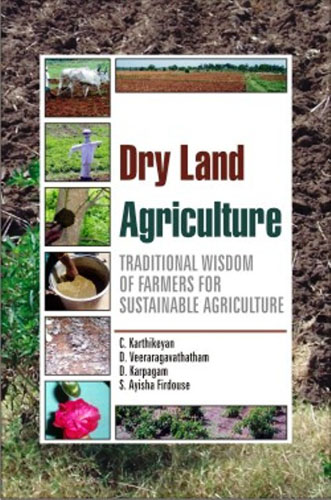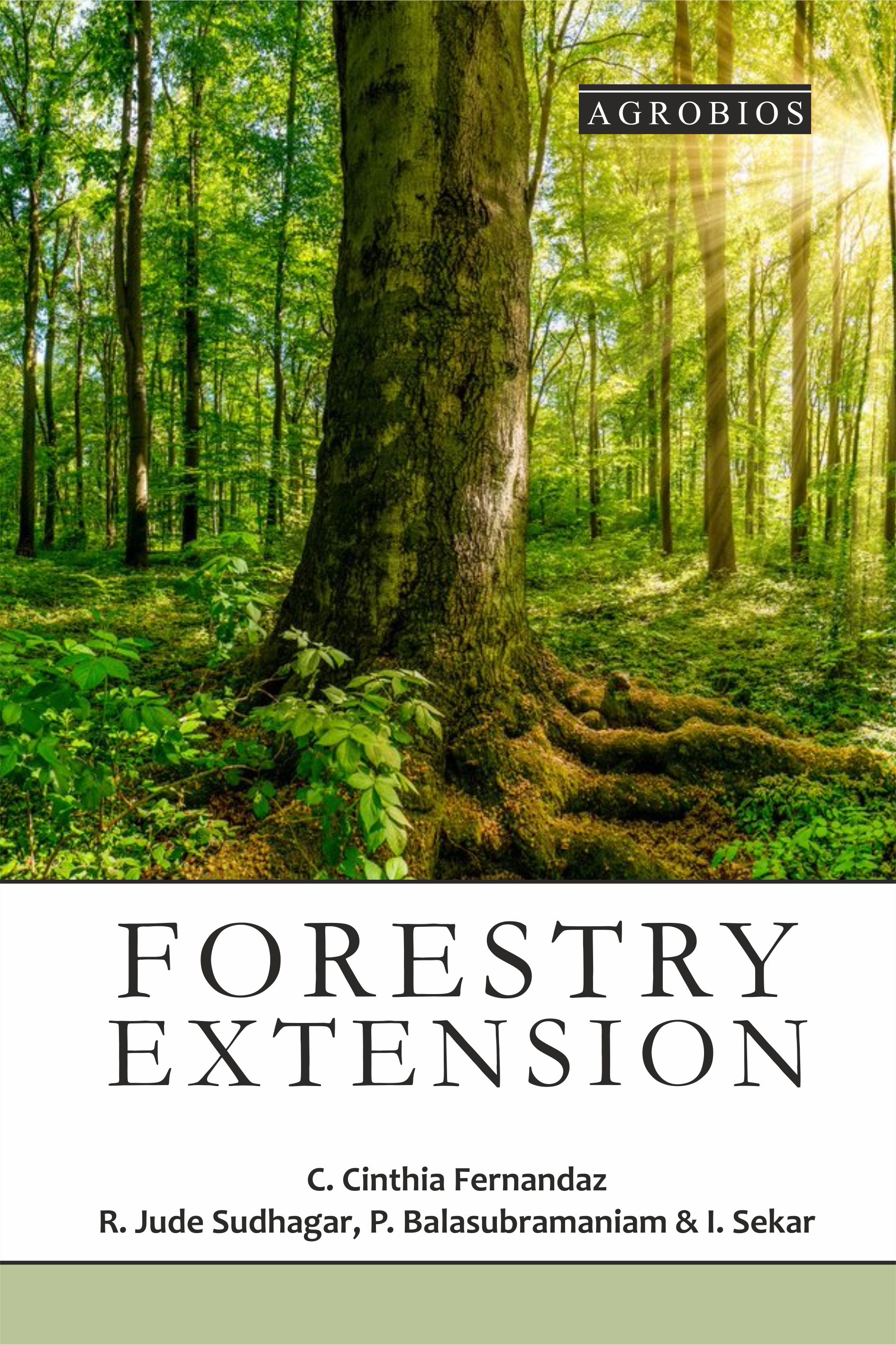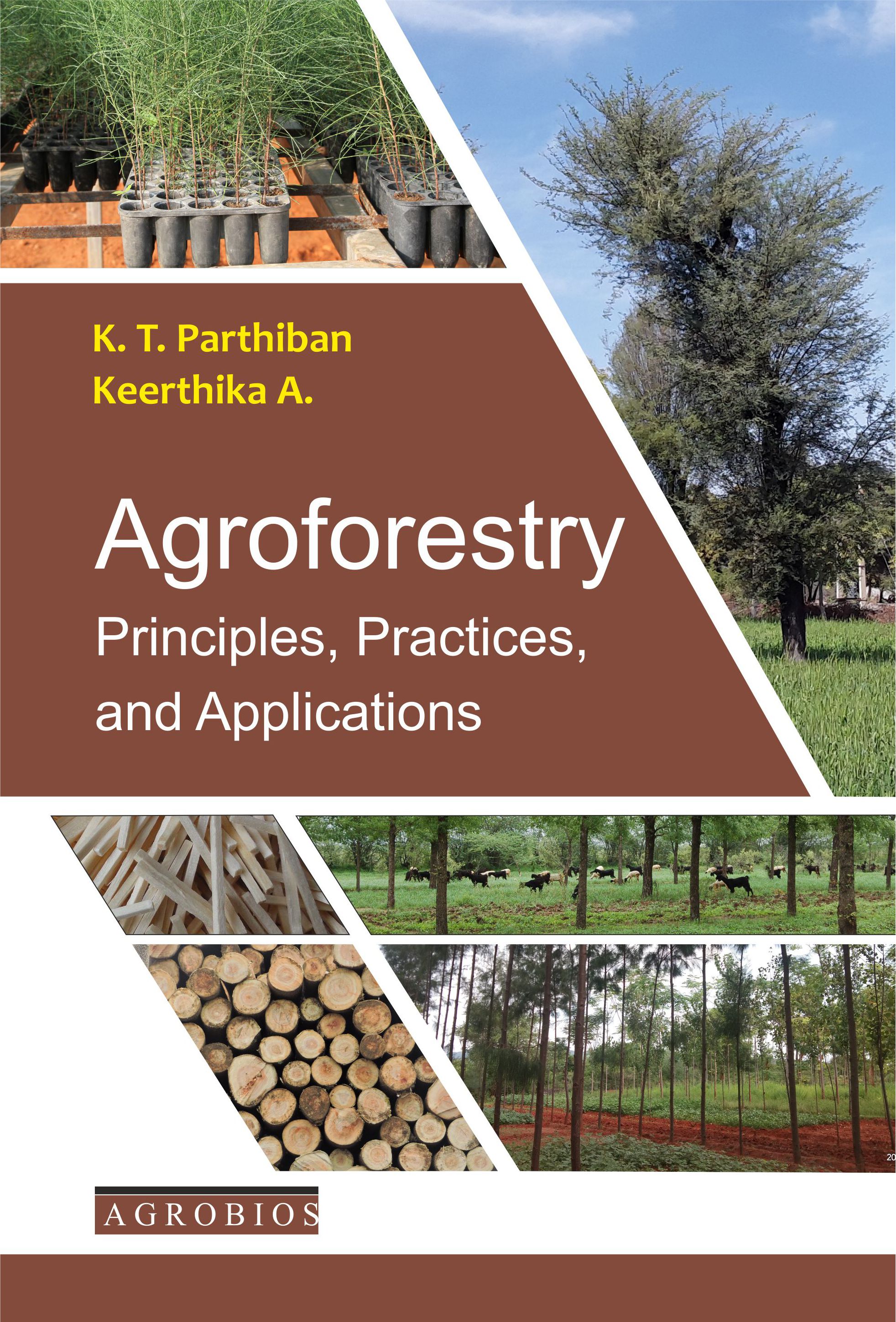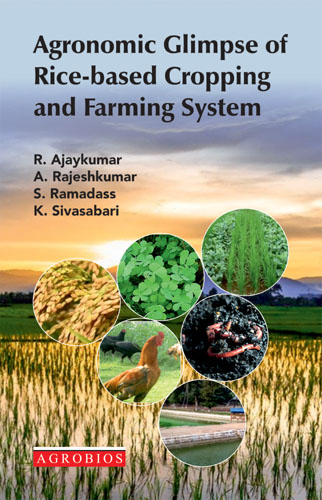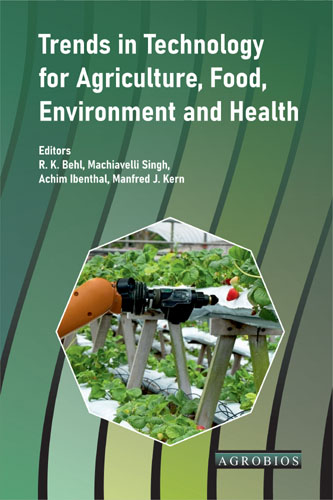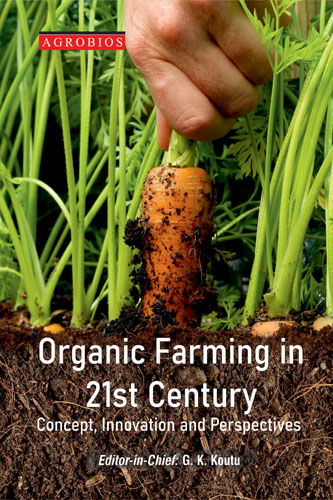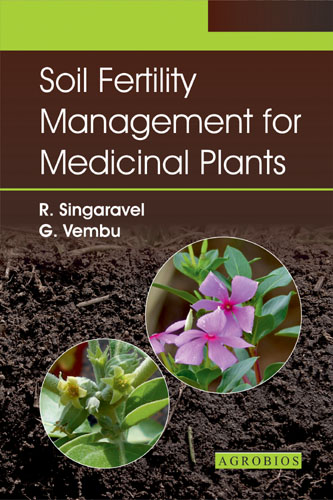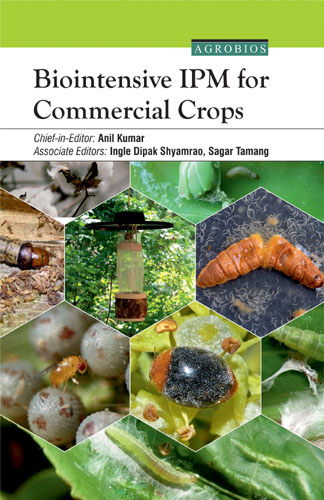Dry Land Agriculture: Traditional Wisdom Of Farmers For Sustainable Agriculture
Nowadays environment pollution and degradation of natural resources are increasing drastically, the need of the hour is to rediscover our past heritage of sustainable agriculture and blend useful practices with modern agriculture. For this, indigenous agricultural practices can serve as an effective "alternative". Indigenous knowledge (IK) systems are adaptive skills of local people, usually derived from many years of experience, which have often been communicated through "oral traditions".
Utilizing ITKs in agriculture gives its legitimacy and credibility in the eyes of both local people and agricultural scientists, thereby increasing cultural pride and motivation to solve local problems with local ingenuity and resources. Under certain circumstances, it can be equal to or even superior to the know-how introduced by modern research. Development efforts should therefore consider IK and use it to best advantage. Special efforts are needed to understand, document and disseminate ITK for preservation, transfer or adoption elsewhere. Unless ITK is properly documented, analyzed and disseminated, there is a risk that within one generation the knowledge could be lost forever.
It has also become imminent for the policy makers, planners and agricultural scientists to look for new horizons to make agriculture sustainable, remunerative, farmers friendly and competitive in the context of globalization. The indigenous knowledge, which was threatened to extinction, now, needed to be preserved and duly acknowledged through research. With this view, a study has been conducted in the part II plan scheme to document the ITKs in drytracts of TamilNadu. The documented ITKs cover different practices like Soil and Water conservation, seeds and sowing, Intercropping and After cultivation, Manures and Manuring, Plant protection, Harvest and Harvest indices, Ripening, Storage practices, oil storage, storage structures, Farm tools, Beliefs, Water divining and veterinary practices.
While much work remains to be done, this book is an attempt. There is a need to systematically document the Indigenous Agricultural Practices in future. The authors believe that all those associated with Agriculture and allied fields will perceive the benefits of Indigenous knowledge described in this report and will work to make them tomorrows conventions.
Karthikeyan C
555
Table of Contents..
- Introduction
- Documentation Methods
- Indigenous Technologies
- Rationality of Indigenous Technologies
- Strategies and Policies for Outreach of ITKs
- References
- Annexure: Profile of Agro Climatic Zones and Districts in Dry tracts of Tamilnadu
Table of Contents..
Book Details
Book Title:
Dry Land Agriculture: Traditional Wisdom Of Farmers For Sustainable Agriculture
Dry Land Agriculture: Traditional Wisdom Of Farmers For Sustainable Agriculture
Book Type:
REFERENCE BOOK
REFERENCE BOOK
No Of Pages:
344
344
Color Pages :
0
0
Color Pages :
0
0
Book Size:
DEMY (5.5X8.5)
DEMY (5.5X8.5)
Weight:
600 Gms
600 Gms
Copyright Holder:
All Rights Reserved
All Rights Reserved
Imprint:
M/s AGROBIOS (INDIA)
M/s AGROBIOS (INDIA)
Readership:
PG STUDENTS | SCIENTISTS AND RESEARCHERS |
PG STUDENTS | SCIENTISTS AND RESEARCHERS |
Associated Subjects:
Agronomy , Dry Land Agriculture , Extension Education & Rural Development , Horticulture , Soil Science ,
Agronomy , Dry Land Agriculture , Extension Education & Rural Development , Horticulture , Soil Science ,



